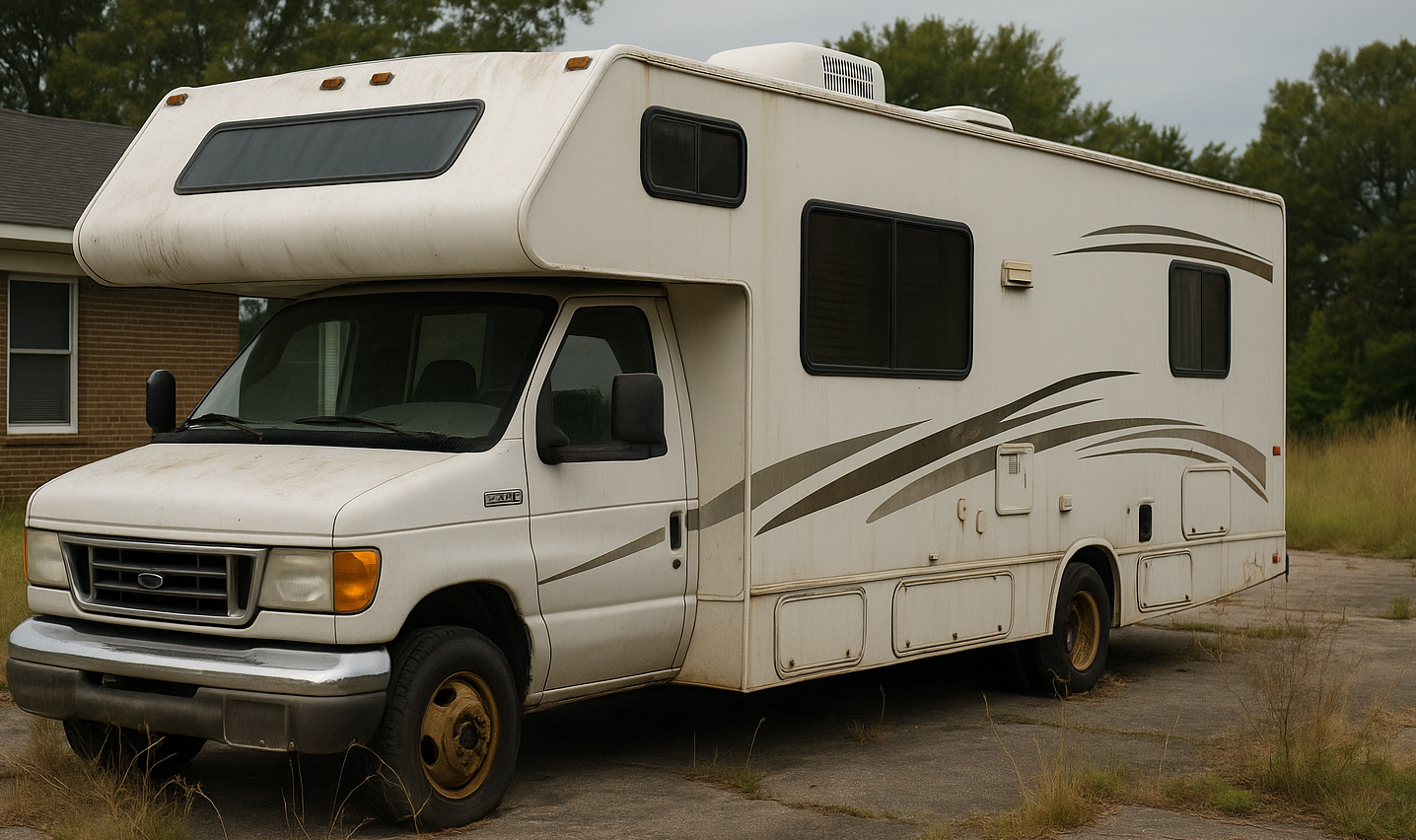Where to Search for Foreclosed RVs
When it comes to finding foreclosed RVs at discounted prices, knowing where to look is half the battle. One of the main places to begin your search is online auction sites that specialize in repossessed or foreclosed vehicles. Websites such as GovPlanet and Auctions International often have listings for a variety of repossessed vehicles, including RVs.

Local banks and credit unions also frequently list foreclosed RVs as part of their repossessed assets. It's worthwhile to visit their websites or contact them directly to inquire about available RVs. Additionally, you can explore real estate auction sites where RVs may also be listed as part of property foreclosures.
Understanding How Auctions and Repossessions Work
Foreclosed RVs are often sold through auctions or are offered directly by financial institutions. In auctions, RVs are sold to the highest bidder. It's crucial to thoroughly read the auction rules and understand any fees before participating.
Repossessed RVs, on the other hand, are ones that lenders have reclaimed due to non-payment of debt by the previous owner. These vehicles are then sold to recoup the remaining loan balance. Pricing might be highly competitive, as banks are eager to recover funds.
Understanding the dynamics of auctions and repossessions is key. Auctions can sometimes have minimum bid requirements or reserves, and some repossessed vehicles may be offered on an "as-is" basis. Utilize resources such as NADAguides to examine the fair market value of RVs to ensure you're getting a deal.
Inspecting the RV Before Purchase
When buying a foreclosed RV, inspections are vital as these vehicles are sold "as-is" and might come with imperfections or damages. First, carry a visual inspection to identify any obvious issues—like dents, rust, or other damages to the exterior.
Check the interior for signs of wear, water damage, or mold. Pay attention to the condition of the appliances, the seating, and the flooring. It's important to also inspect the mechanical aspects such as the engine (if it's motorized), brakes, and tires for any signs of previous damage or lack of maintenance.
It might be wise to bring a professional mechanic or an RV expert with you to perform a detailed check, ensuring the RV's systems are functional and that there are no major issues that might not be apparent to an untrained eye.
Tips for Success
Research and preparation are crucial elements when pursuing a foreclosed RV. Familiarize yourself with the RV’s history by obtaining the Vehicle Identification Number (VIN) report. This report can uncover important details about previous accidents and mileage discrepancies.
Look into financing options in advance. Some banks and credit unions may offer loans for foreclosed RVs, easing the payment process. Lastly, be flexible and patient. The market for foreclosed RVs can be competitive, and finding the right vehicle at the right price may take time.
By leveraging these strategies and resources, purchasing a foreclosed RV can not only save you money but also allow you to embark on adventures with a quality vehicle that meets your needs.

